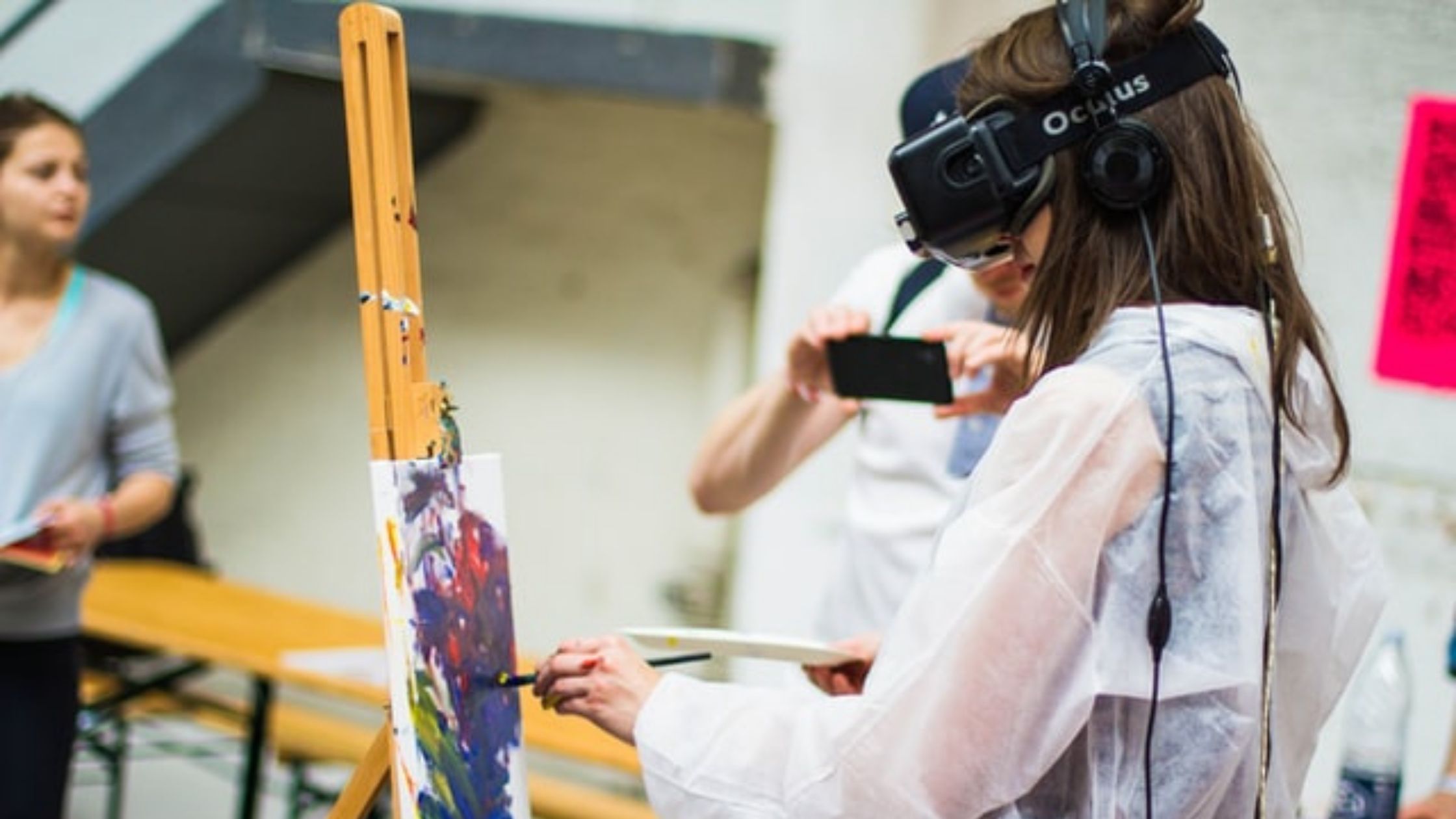One of the first-ever virtual reality headsets was the Oculus Rift CV1 in 2016, developed by Oculus VR (now known as Reality Labs), a subsidiary of Meta Platforms. With Meta putting a lot of focus on the construction of its metaverse and a future in which every one of its users exists within a VR world, there have been some giant leaps forward with the Oculus devices over the last six years. Mark Zuckerberg expects the metaverse to become ubiquitous by 2030, when VR will be more affordable and offer greater immersion than ever before.
There have already been some stunning advancements in Oculus’ offerings so far, and the headsets could have even more applications in the future that span beyond the metaverse.

What Are the Main Advancements in the Oculus Headsets?
The Oculus Rift CV 1, the Oculus Go, and the Oculus Quest represent the first generation of VR headsets, with their successors initially expected to become the second generation. There was a change in direction, though, with the Rift and Go first being phased out for the Rift S, which was then discontinued in 2020. That same year, the Oculus Quest 2 was released, and the Quest brand is currently the only active product line.
In a short space of time, Reality Labs has been able to experiment with different options with its technology, eventually deeming that a sole emphasis on the Quest is the best strategy for now. Perhaps the thinking behind this is that the company wants to release a model that allows everyone to experience the metaverse in the same way. With an introductory price of $299 for the basic model, it’s slightly more affordable than the original devices that hit the market in 2016.
One of the key targets for the Quest 2 was to make it lighter, with many people complaining about the clunkiness of older models. The new offering weighs 68 grams less than its predecessor, and has a sleeker, more comfortable feel. In terms of hardware, it uses the Qualcomm Snapdragon XR2 SoC and has 2GB more of RAM, allowing for a much better quality of graphics and speed. It also has a singular fast-switch LCD panel with a 1832×1920 per eye resolution, meaning that the picture is smoother than ever before. The upgrades have been astonishing so far, and it’s exciting to think about what the headsets could be capable of in 2030.
What Other Uses will VR Have Beyond Metaverses?
Despite Meta putting a heavy focus on the metaverse, the good thing about the Quest is that it can be used for other VR games and entertainment offerings. Analysts like AR Insider believe that VR will spike in 2025 and be worth $22 billion by that time. This suggests that there will be numerous applications for the technology, encouraging users to purchase the devices.
Aside from social media, the entertainment industry will be a key factor in the growth of VR. Streaming services are constantly looking for ways to increase the immersion of their offerings, with options like Black Mirror: Bandersnatch on Netflix giving viewers the chance to interact with the story. The next stage would be for viewers to enter television series or films using VR, where they can feel as though they have become a part of that world.
The online casino industry tends to play an important role in the spread of new technology, and it was a crucial player in bringing live streaming into the mainstream. Slots have also evolved so much over the years, and the Betway slot machines like Assassin Moon Hyper Hold and 4 Diamond Blues Megaways look nothing like the clunky machines that existed in the times before the internet. Developers like NetEnt are working on ways to integrate VR headsets like the Quest 2 into slots, and soon the technology is likely to change the way people experience these titles.
The mobile gaming industry may start to include VR options soon as well. Some mobile developers have already experimented with VR, with an example being Samsung Gear VR. It failed to take off, though, and was discontinued in 2020. Samsung and its competitors will have to learn from this mistake and change their strategies for the future.
The advances in the Oculus VR headsets have been astounding so far, and by the time Zuckerberg expects the metaverse to be mainstream, the technology should be immersive and realistic. By 2025, older generations of the Quest will be affordable, and more people than ever are likely to start exploring VR worlds.